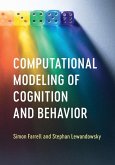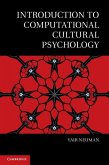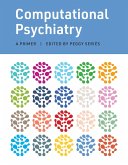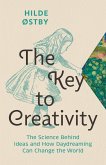Since first described, multiple properties of classical conditioning have been discovered, establishing the need for mathematical models to help explain the defining features. The mathematical complexity of the models puts our understanding of their workings beyond the ability of our intuitive thinking and makes computer simulations irreplaceable. The complexity of the models frequently results in function redundancy, a natural property of biologically evolved systems that is much desired in technologically designed products. Experts provide the latest advancements in the field and present detailed descriptions of how the models simulate conditioned behaviour and its physiological bases. It offers advanced students and researchers examples of how the models are used to analyse existing experimental results and design future experiments. This volume is of great interest to psychologists and neuroscientists, as well as computer scientists and engineers searching for ideas applicable to the design of robots that mimic animal behaviour.
Dieser Download kann aus rechtlichen Gründen nur mit Rechnungsadresse in A, B, BG, CY, CZ, D, DK, EW, E, FIN, F, GR, HR, H, IRL, I, LT, L, LR, M, NL, PL, P, R, S, SLO, SK ausgeliefert werden.









